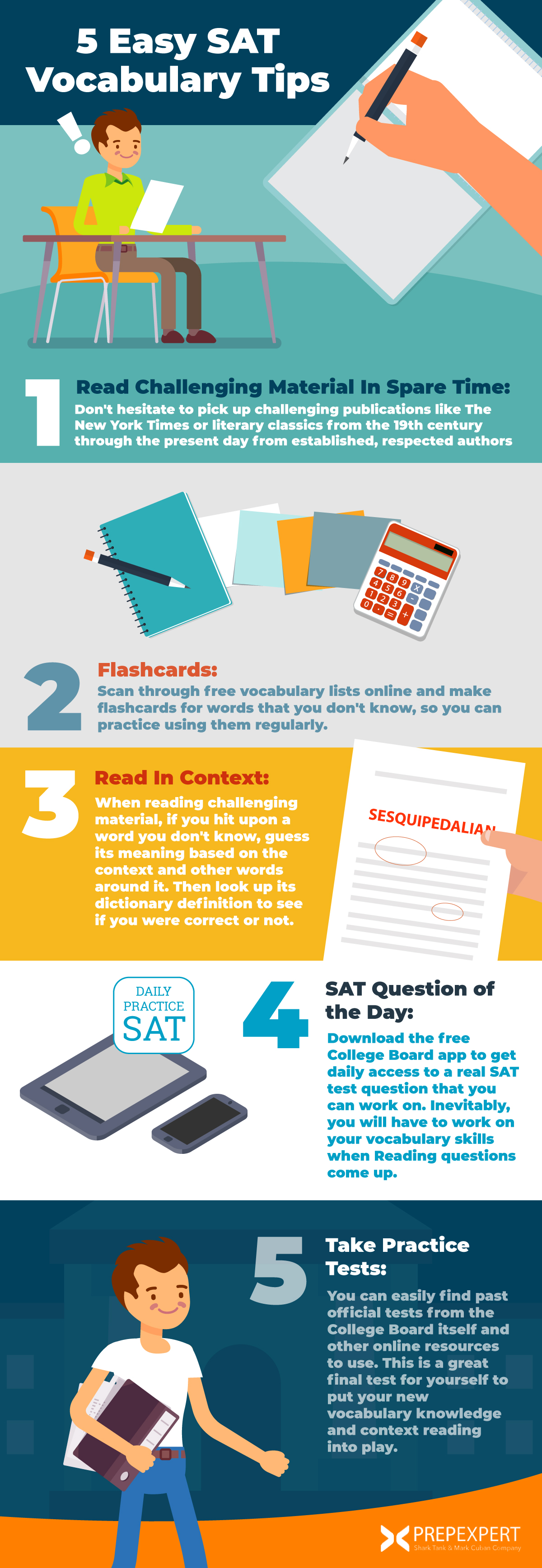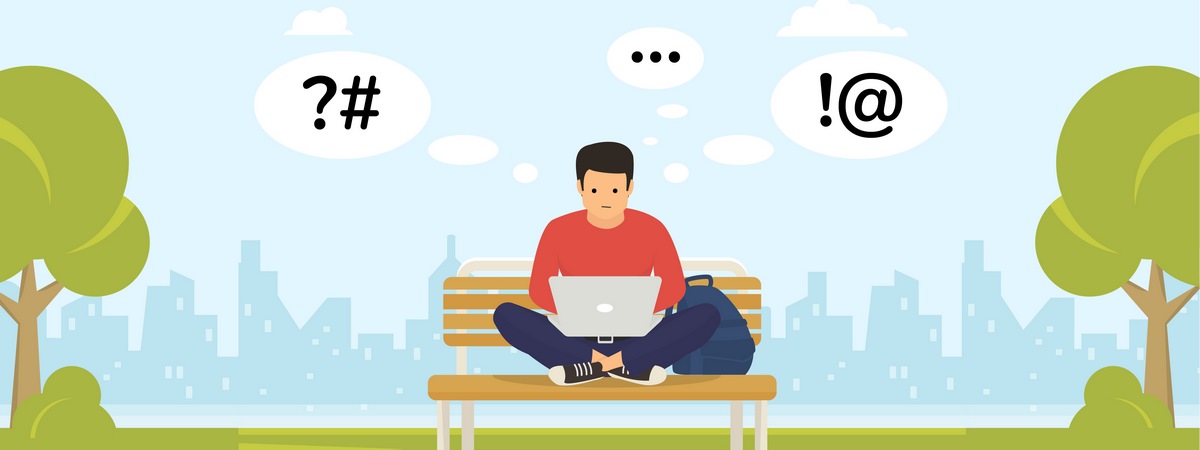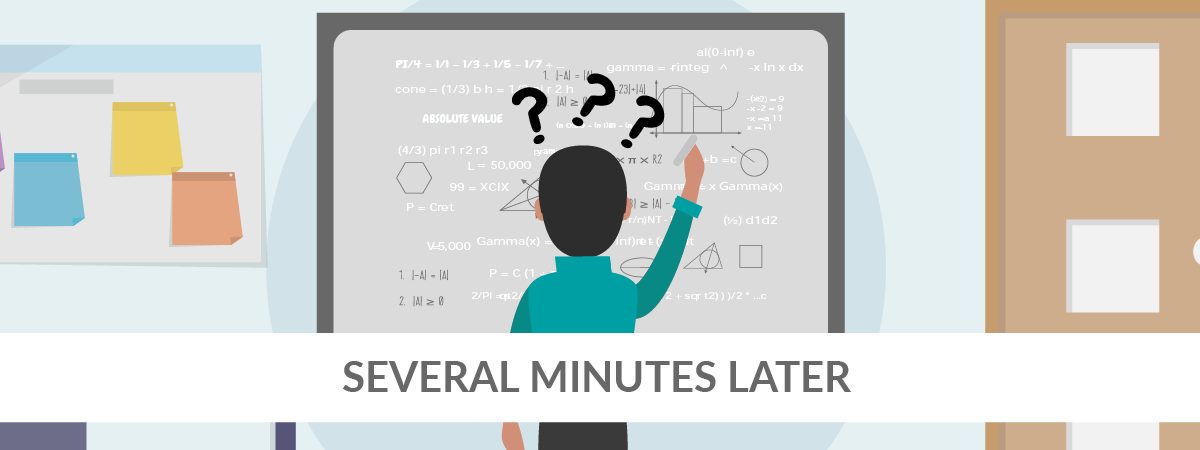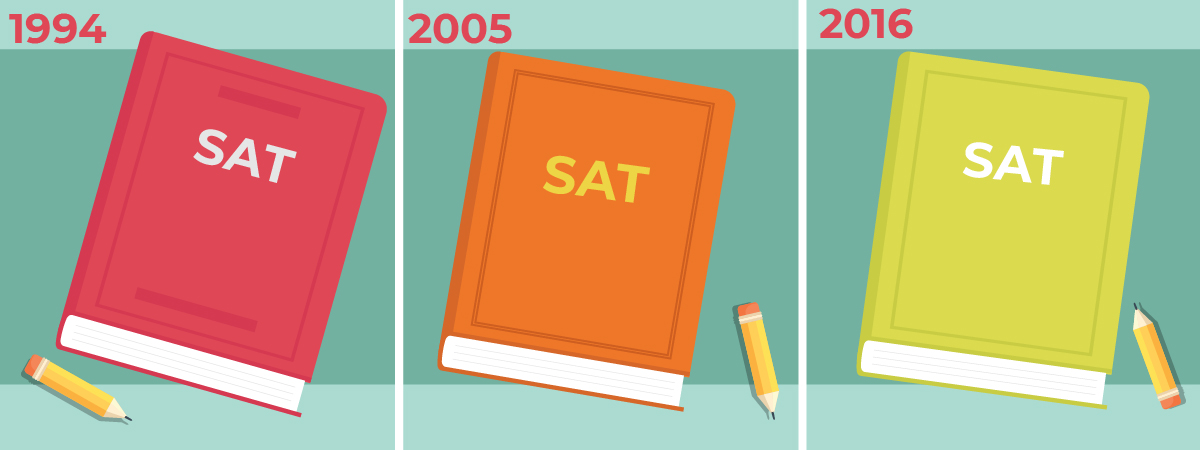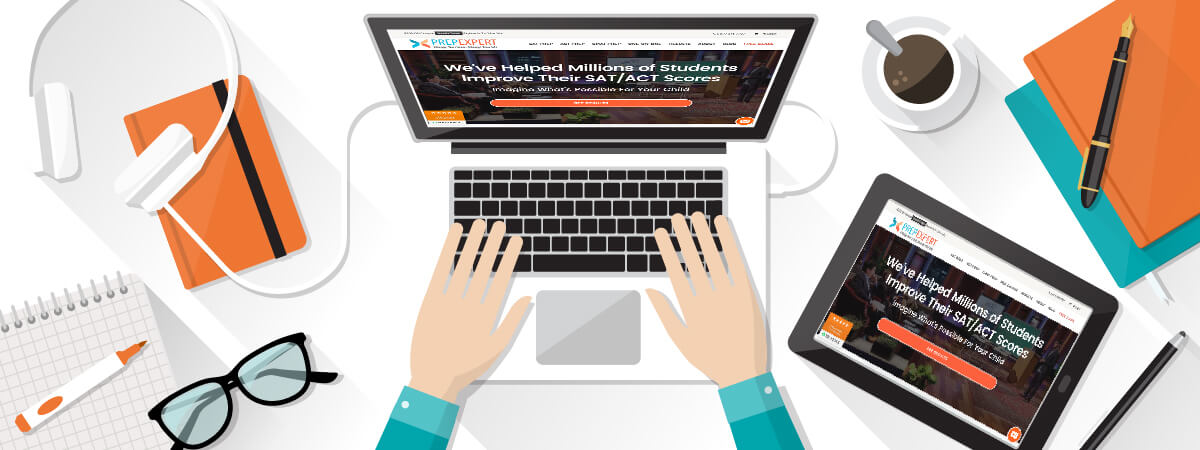5 Easy SAT Vocabulary Tips
While it’s not as bad as it used to be, the vocabulary challenges on the SAT are infamous for tripping students up and costing them precious time on test day. The good news is you don’t have to face those problems anymore.
Here are five simple SAT Vocabulary tips that you can use to both expand your personal vocabulary and not get tripped up on test day when it counts.
Don’t forget to take a minute and learn more about our SAT prep course options offered year round.
[sat_one]
Read Challenging Material In Spare Time
Before taking the SAT, you need to read both books and magazines to build up your personal vocabulary index.
Don’t hesitate to pick up challenging publications like The New York Times, The Wall Street Journal, The New Yorker, The Economist, etc. when seeking out content. The reasons for doing so are:
- You will be exposed to difficult vocabulary you can absorb through context.
- You will absorb a wide variety of subject matter and presentation formats.
Moreover, don’t be afraid to tackle literary classics as well. Novels from the 19th century through the present day from established, respected authors will again present a wide variety of vocabulary choices made understandable in specific contexts. When it comes to SAT vocabulary, being able to decipher an unknown word’s meaning from the situation it is presented within is valuable.
[leadmagnet_five]
Flashcards
Just like in kindergarten and grade school, don’t be afraid to make flashcards your best friend.
There are many free SAT vocabulary sample lists available online that you can find with just a little research. Scan through them all and find words that you’ve either never heard before or aren’t secure in their meaning. Put down the words and their definitions, and then it simply boils down to practice and repetition.
Even if you take 45 minutes to an hour a day going over them, the fact is practice breeds confidence. Not only will you be familiar with those specific words, but you will also hopefully work on practicing their usage. That practice will keep your mind sharp for the actual test itself.
Read In Context
As we mentioned earlier, understanding vocabulary within a context will help you tremendously on the SAT.
You will learn how to either fully understand an unknown word quickly based on what’s around it, or, at a minimum, make accurate guesses based on the provided passage’s tone and purpose. A simple but effective way to practice begins with finding a paragraph or passage within a challenging work.
Let’s say, for example, a foreign policy article in The New York Times. Begin reading the article and as soon as you find a word you don’t know, look at the overall sentence context to guess its meaning.
Once you’ve made your guess, check the word’s definition in a dictionary to see if you were correct or not. If you were, then now you know a new word and can correctly deduce it by context.
If not, it’s ok; simply add it to your flashcard list with the definition and incorporate it into practice. Either way, you develop word retention and critical thinking skills simultaneously.
SAT Question Of The Day
Here’s a bonus tip that you can use in between practice tests and flashcards. Go online and download the College Board’s SAT Question of the Day app.
It is available at most app stores and it will let you unlock an official practice question every day. The app also provides hints on how to answer it plus an explanation afterward, in case you get it wrong. While this app will address questions across every section of the test, you can definitely still use it to find words you don’t know of.
Moreover, you can practice discovering their meaning through context. In short, use it as another resource to consistently test your vocabulary knowledge and add new ones to your flashcards for drilling.
[sat_two]
Take SAT Practice Tests
One of the last things you can do to get ready for SAT vocabulary challenges is taking official SAT practice tests.
You can easily find past official tests from the College Board itself and other online resources to use. This is a great final test for yourself to put your new vocabulary knowledge and context reading into play. There are plenty of other benefits though that you’ll gain.
First, you’ll get a feel for how the SAT questions are worded and the kinds of words to actually expect in questions. Second, you can work on your timing by taking them under timed circumstances. Take them in a quiet room and make sure to stay within official SAT time limits.
From there, you can check your answers and figure out a score. Pay close attention to the Reading and Writing sections, as they will provide most of your trouble when tackling vocabulary.
How Prep Expert Can Help You
Don’t forget, our purpose is to help you learn the strategies and insights that our founder Shaan Patel developed to achieve a perfect 1600 score.
Taught by our 99th percentile-scoring instructors, these strategies are put into practice through our various homework assignments and weekly practice tests. Together, this work will allow you to both find and address your problem areas on the test before having to take it for real.
Vocabulary will definitely be a part of that process. Ultimately, our aim is to help you achieve your goals for both school and life by providing the tools to overcome this first hurdle in the process – your test score.
Be sure to check out our various class options, from in-person, live online, to self-paced video on demand, to find one that fits your goals and schedule. Our classes are available year-round, so there’s no reason to wait.
[sat_three]
For more test strategy, college admissions, and scholarship application tips sign up for our FREE class happening right now!
